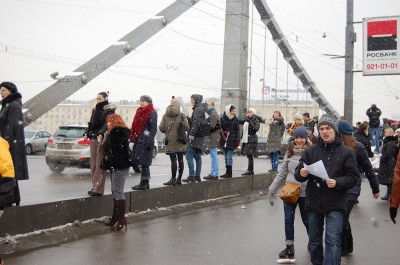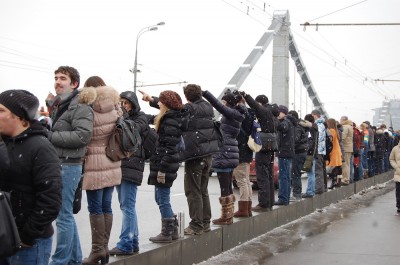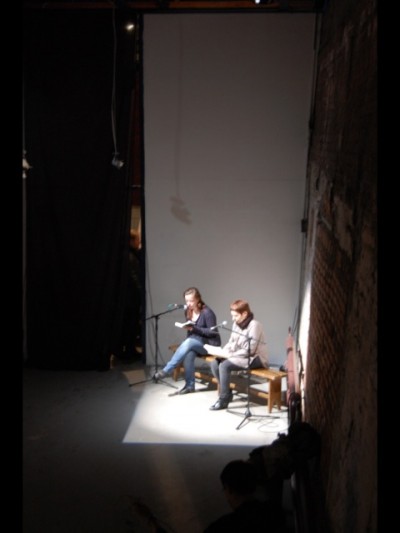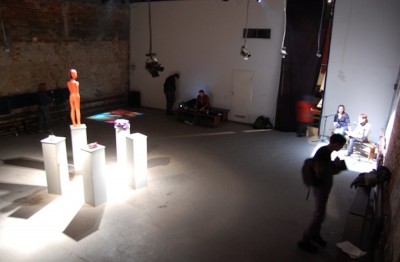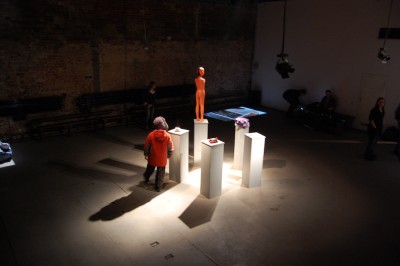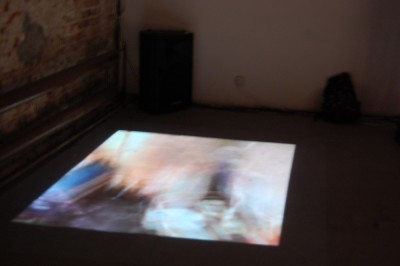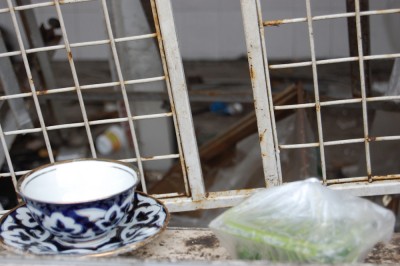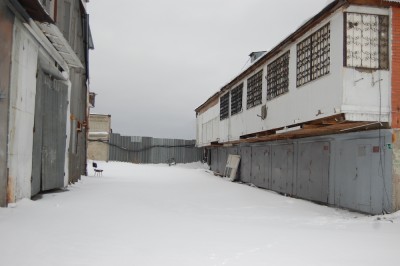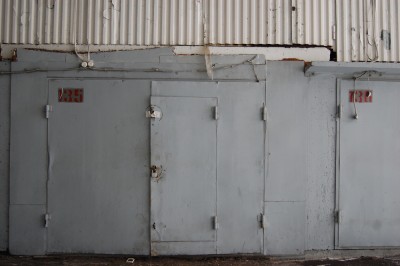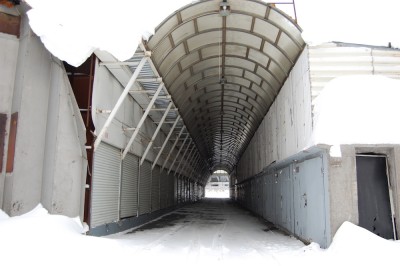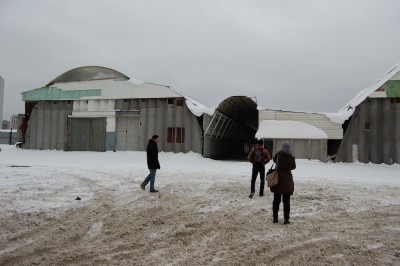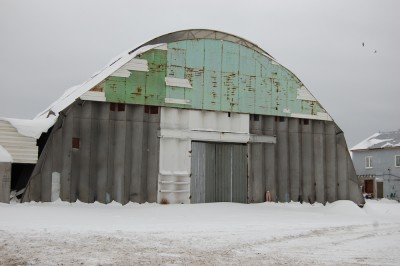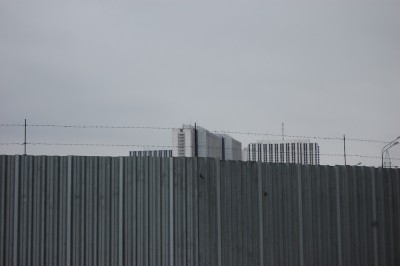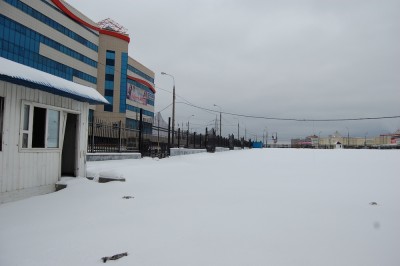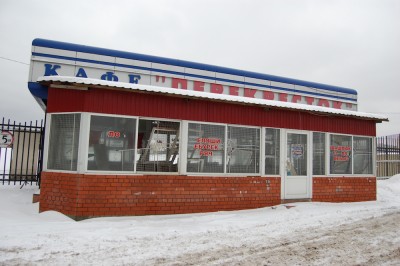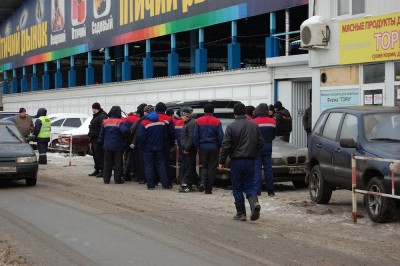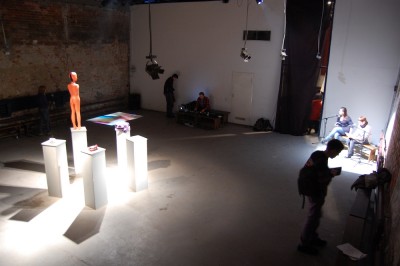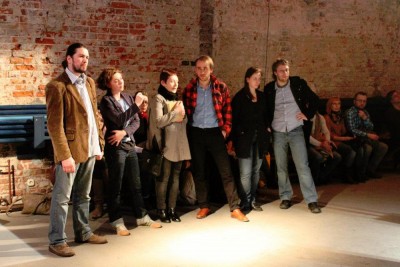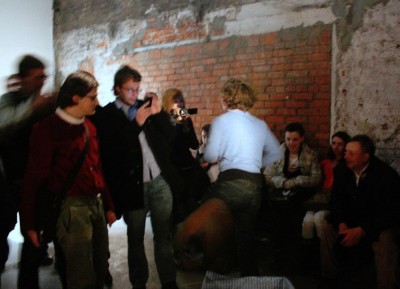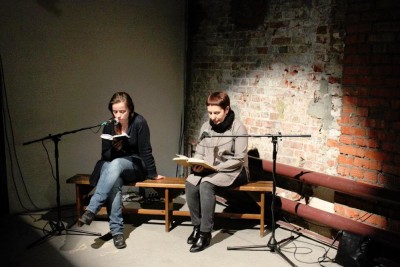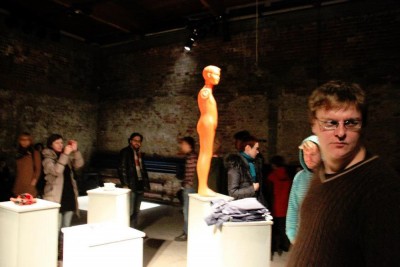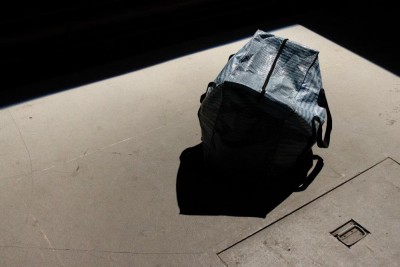ARCHEZONE.MOSCOW
Cherkizov Revisited.
Joseph Beuys-Theater & Sakharov-Centre Moscow
International Documentary Theatre Laboratory 2012:
“Breaking through boundaries“


Eine performative Video-Installation zu Gastarbeitern in Moskau
Der Moskauer Cherkizov-Markt war bis zu seiner Schließung 2009 der größte Markt Europas. Ca. 100.000 Menschen arbeiteten hier jeden Tag. Usbeken, Kirgisen, Tadschiken, Chinesen, Vietnamesen und zahlreiche andere. Manche verließen diese Stadt in der Stadt über Jahre nicht. Ein eigener Kosmos, mit eigenen Gesetzen. Ein selbstständiges Lebewesen, das nur an seinen Rändern mit Moskau kooperierte. Die staatlich veranlasste plötzliche Schließung stand symbolisch für ein Ende des Multi-Ethnischen, Unstrukturierten, Abseitigen.
Die performative Installation nähert sich über eine Archäologie der Gegenwart, über Spuren, Objekte, Bilder, Texte und Sound. Der Zuschauer kann in diesem atmosphärischem Wirkungs- und Ausstellungsraum eigenen Fährten nachgehen oder der Tasche folgen, die durch den Raum wandert. Während zeitgleich in den Straßen gegen der Politik der Regierung demonstriert wurde, greift die Arbeit ARCHEZONE die politischen Dynamiken der Stadtpolitik kritisch auf und erzeugt eine assoziative Verdichtung gegen das Verschwinden der Gegenwart.
Samstag, 25. Februar 2012
PRESSE
The Moscow Times, 27 February 2012
Theater Plus / Drama Critic John Freedman about Culture and Art in Russia
Breaking Down the Barriers of Theater
By John Freedman
(…) Next up was „Cherkisov Revisited,“ a performance-installation, if I may put it that way, conceived by Felix Meyer-Christian, Eylien Konig, Karolina Mazur and Alexei Kukarin. This was ostensibly an exploration of the effect that the controversial closing of the Cherkizovsky open-air market had on those who had worked there, although nothing so obvious and concrete emerged from the performance we witnessed. It included documentary texts drawn from interviews with a former market worker, and excepts from the writings of Chingiz Aitmatov.
The audience wandered about the stage, stopping to peruse a sculptural ensemble of pedestals in the center of the hall; to watch excerpts from Andrei Tarkovsky’s film „Stalker“ on a computer in one corner; to watch videos of the old Cherkizovsky market projected on the floor in another corner; to listen to a women reading text in Polish as a Russian interpreter provided simultaneous translation; and to observe an oversized polyethylene bag as it came to life and crawled across the floor.
There was no center of attention and, during a discussion afterwards, director Meyer-Christian admitted he was surprised and even a little disappointed that some elements of his work were basically ignored by spectators. Much was made of the odd figure of the sack making its way across the floor. Some were surprised that no one bothered to open the bag and look inside — clearly there was a person in there, perhaps someone who needed to be liberated. Others pointed out that some spectators stood in the way of the bag and hindered its forward movement. Was this an act of curiosity, indifference or hostility? (…)
VON UND MIT
Konzept & Performance
Felix Meyer-Christian
Raum & Video & Performance
Karolina Mazur
Raum & Performance
Eylien König
Guides, Translator & Performance
Alexey Kukarin, Sergey Gromov
Audio
Katharina Kellermann
Recherche in Moskau
Alexey Kukarin, Felix Meyer-Christian, Eylien König, Sergey Gromov
Das International Documentary Theatre Laboratory wurde gefördert durch
Die Europäische Kommission
Das Goethe-Institut Moskau
The Polish Cultural Centre in Moscow
